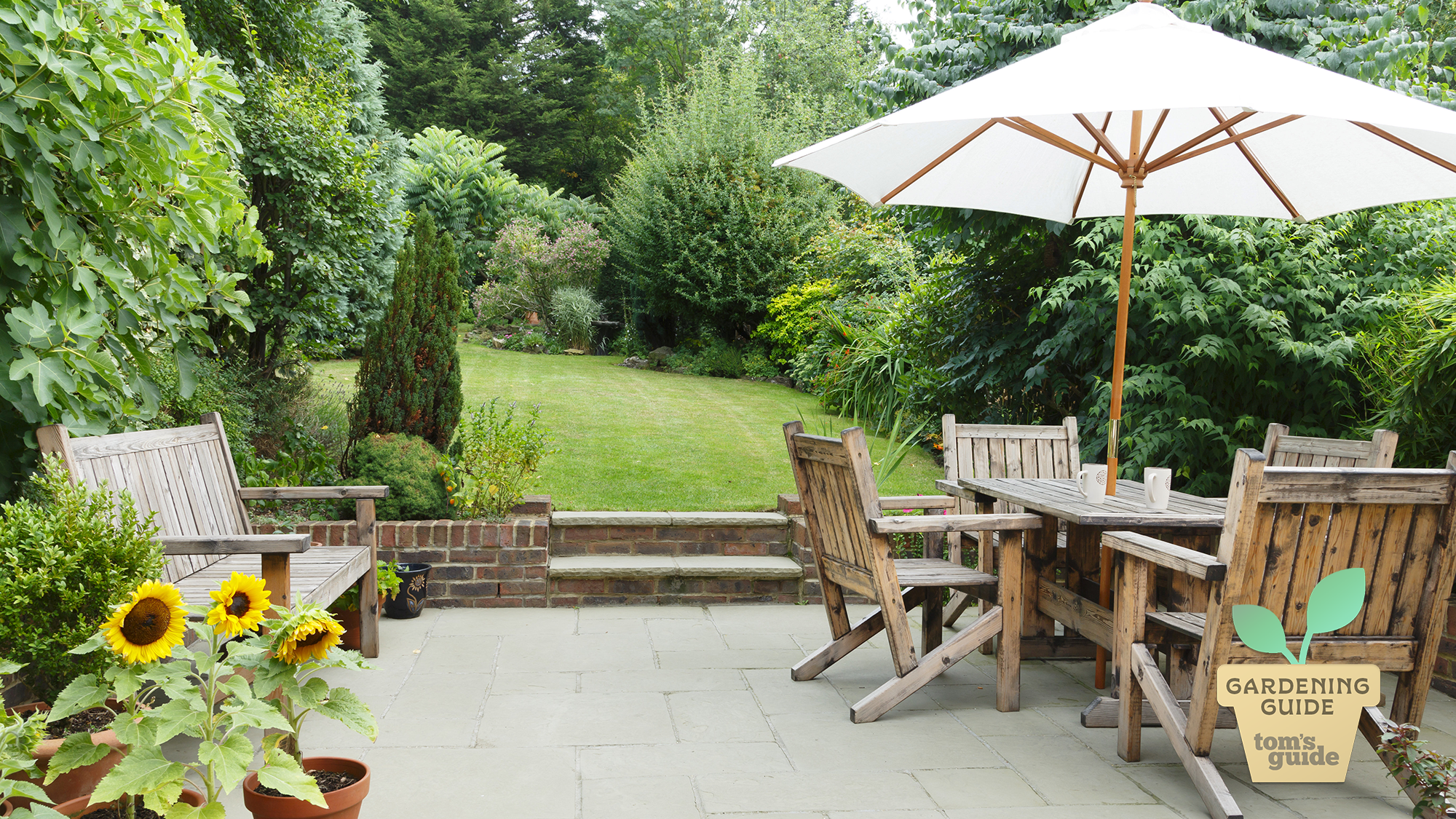Is napping good for you? What the experts want you to know about daytime sleeping
To nap or not to nap — experts share their ABCs to successful napping
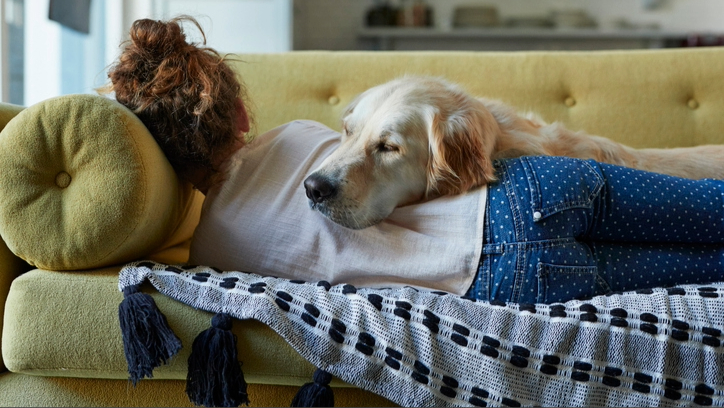
Daytime napping is somewhat of a fine art. Nap too long and you risk keeping yourself up at night. Spend too long falling asleep and before you know it your nap time slot has run out.
Sleeping well at night on the best mattress for your sleep needs should be your number one sleep priority. But if you struggle to drop off at night, a daytime nap can be your saviour.
If there's one thing I enjoy about a day off in spring, it's taking a nap in the garden. But I often wonder if this is doing more harm than good in my sleep routine.
So, I asked Jessica Fink, a therapist specializing in sleep issues, and Jack Dell'Accio, certified sleep coach and founder of Essentia, about the health outcomes of napping and for their top tips on becoming a successful napper (yes, we take sleep seriously here.)
3 reasons you should take a daytime nap
1. It can help you get over the 3pm slump
Often find yourself sat at your desk staring blankly at your screen around 3pm? You're not alone.
Neurologist at Northwestern Medicine Lake Forest Hospital, Ian Katznelson, MD, says afternoon sleepiness and decreased alertness is a common part of our natural circadian rhythm.
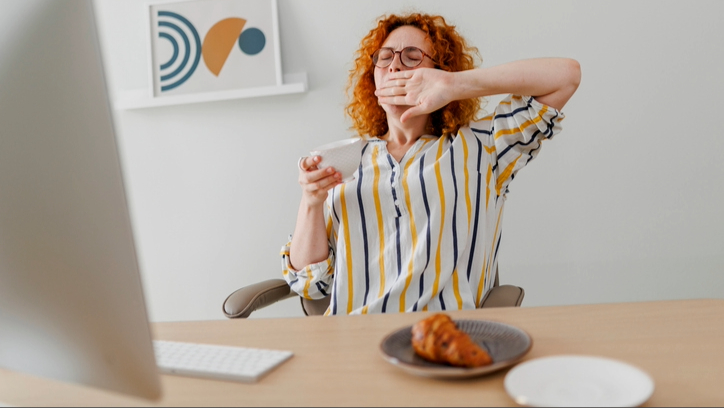
Around 7 to 9 hours after your habitual wake time, there is a natural lull in our circadian rhythm. Plus, our body temperature drops after it has fully digesting lunch, triggering the release of melatonin which makes us feel sleepy.
Sign up to get the BEST of Tom's Guide direct to your inbox.
Get instant access to breaking news, the hottest reviews, great deals and helpful tips.
So, be it at your desk or relaxing in the garden, you might struggle to stay awake and a strategic nap could be just what your body needs.
Fink says "naps can help you burn off sleepiness", helping you perk up from your circadian dip without reaching for caffeine or sugar.
2. Naps help you catch up on sleep debt
Sleeping during the day can help you catch up on missed sleep at night, closing your sleep debt. And any sleep is better than no sleep, right? But there are some caveats.
"You can’t fully reverse chronic sleep deprivation with naps alone," says Dell'Accio, "but short naps can help offset the performance and mood deficits of a rough night."
"Think of it like putting a few gallons in the tank — not a full refill, but enough to get you to the next pit stop," he explans.
"Ideally, you combine high-quality nighttime sleep with strategic naps to rebuild resilience."
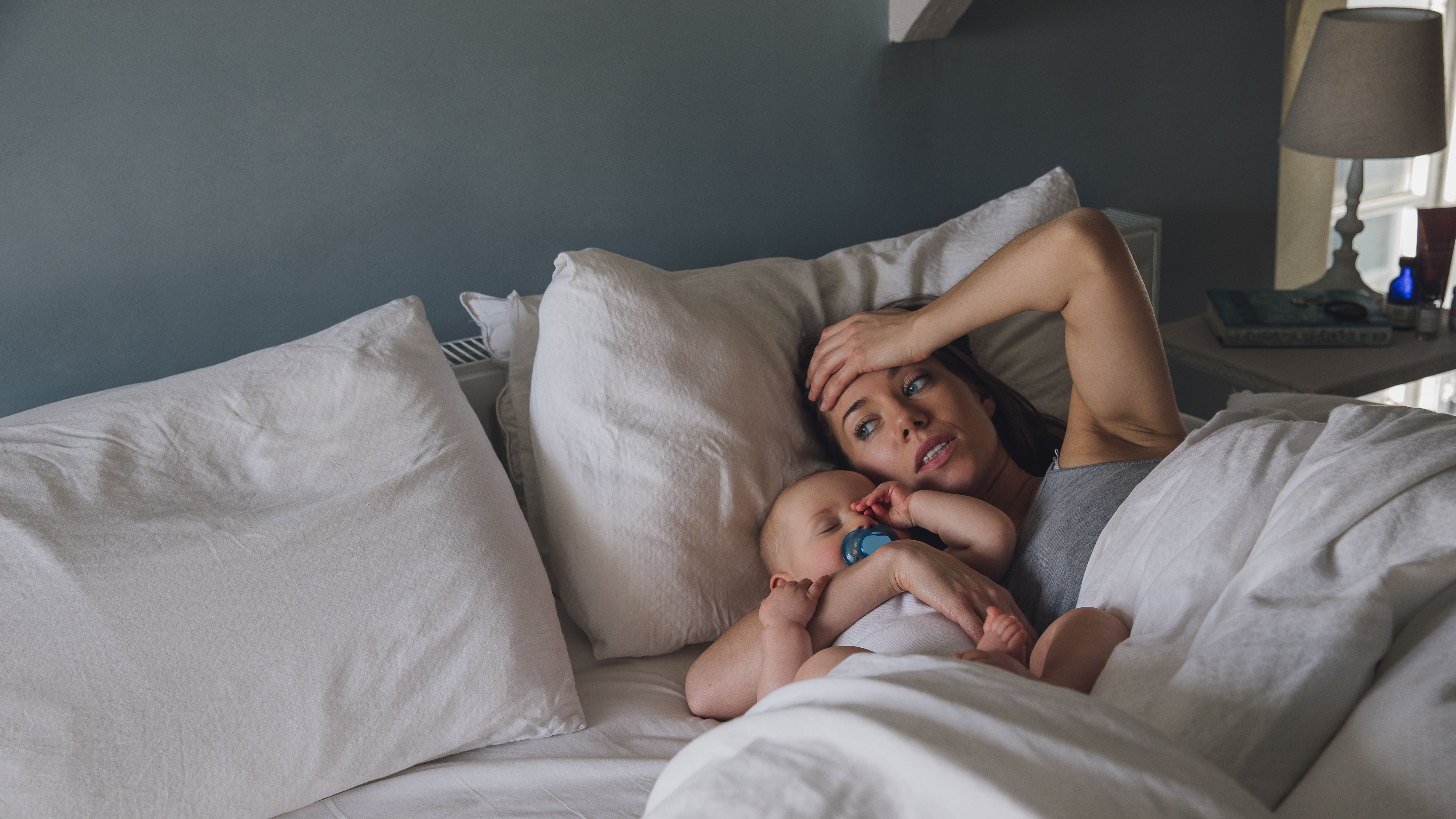
This is particularly helpful for parents of young children who are disturbed during the night. Their child's napping window can provide some quiet time for them to catch up on ZZZs.
Plus, people who work irregular shift patterns, or those with health conditions like nocturia that create frequent night awakenings, will likely benefit from daytime naps.
3. It can improve your health
When done right, napping is associated with better health outcomes. A study of 212 participants with an average age of 62 found short naps to be associated with lower blood pressure, better cardio vascular health and lower risk of heart attack by 10% among older people.
An afternoon snooze allows you to break from the day's demands, giving you time to relax and let go of stress
Supplementing nighttime sleep, naps can reduce stress and bolster the immune system. An afternoon snooze allows you to break from the day's demands, giving you time to relax and let go of stress.
Additionally, regular naps can help regulate the release of cytokines. These are proteins that support the body's immune response, making you more resistant to infections and illnesses.
There are cognitive benefits to napping too. Research published in the Sleep journal involving 32 young adults found naps of 30 minutes improved memory and moderately improved vigilance.
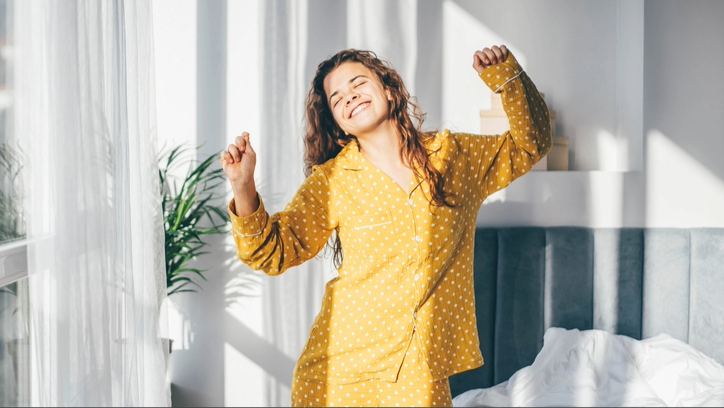
3 reasons why you shouldn't take a daytime nap
1. You're napping over getting good sleep at night
Sleeping well at night and following a consistent sleep schedule should be your main priority. The best way to give your body the chance to rest and recharge, and therefore perform optimally during the day, is bagging great sleep at night.
If you’re napping regularly for long stretches, that might be a signal that your nighttime sleep isn’t as restorative as it should be
"If you’re napping regularly for long stretches, that might be a signal that your nighttime sleep isn’t as restorative as it should be," Dell'Accio says:
However, celebrities' sleep patterns can look a little different. Many chose to sleep fewer hours at night to accommodate busy schedules, then supplement with naps to achieve their total hours of sleep per 24 hours.
For example, Rihanna sleeps from 1am to 6am and makes up for any fatigue in the day with power naps.
2. Naps can makes you feel groggy
Napping for too long risks sleep inertia, making you feel drowsy for the rest of the day.
The study from Sleep journal explored how naps ranging from 10 to 60 minutes impacted mood, sleepiness, vigilance an memory encoding.
It observed sleep inertia for nappers of 30 to 60 minutes, suggesting a power nap shorter than 30 minutes is ideal for cognitive functioning.
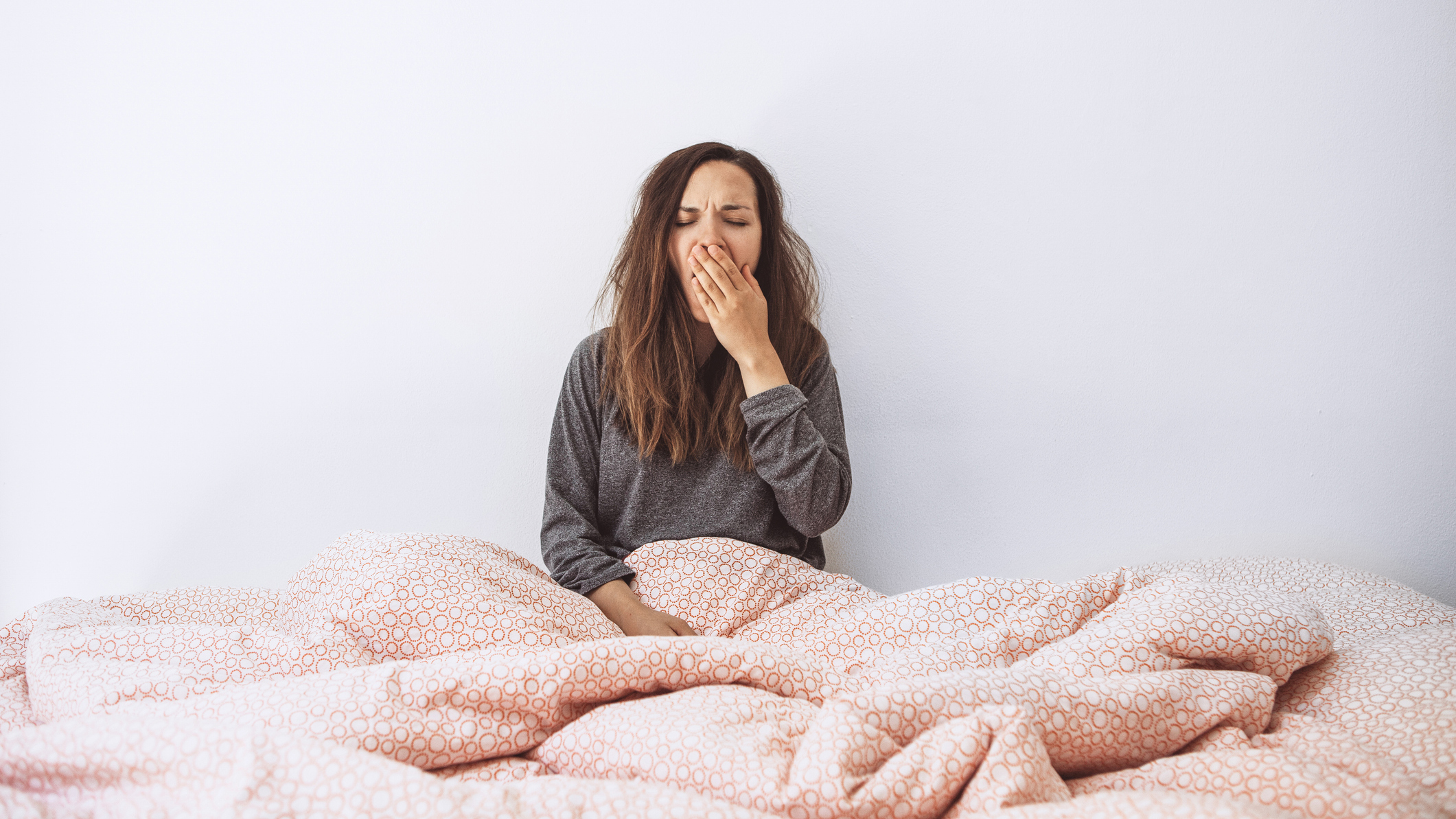
Alternatively, our senior sleep editor and certified sleep science coach Claire Davies recommends a full sleep cycle nap lasting 90 minutes.
This length can be beneficial as it allows enough time to move through all essential sleep stages including light, deep and REM sleep.
Waking up at the end of a cycle rather than in the middle of deep sleep means you're less likely to feel groggy.
So, if you're afforded the time, a 90 minute nap can be ideal. But if you're squeezing in a snooze, 20 minutes is ample.
A nap that stops short of the deepest stage of sleep makes it easier to wake up refreshed. You'll still get a boost from light sleep without the lethargy associated with disrupted deep sleep.
3. You're napping excessively
As humans, our circadian rhythms are aligned with light and darkness, so we sleep during the night and wake during the day. Napping too much or too often can disrupt this natural sleep-wake cycle.
Excessive daytime napping can make it harder to fall asleep and compromise sleep quality during the night, meaning you're spending more time tossing and turning while you should be sleeping along with the rest of the world.
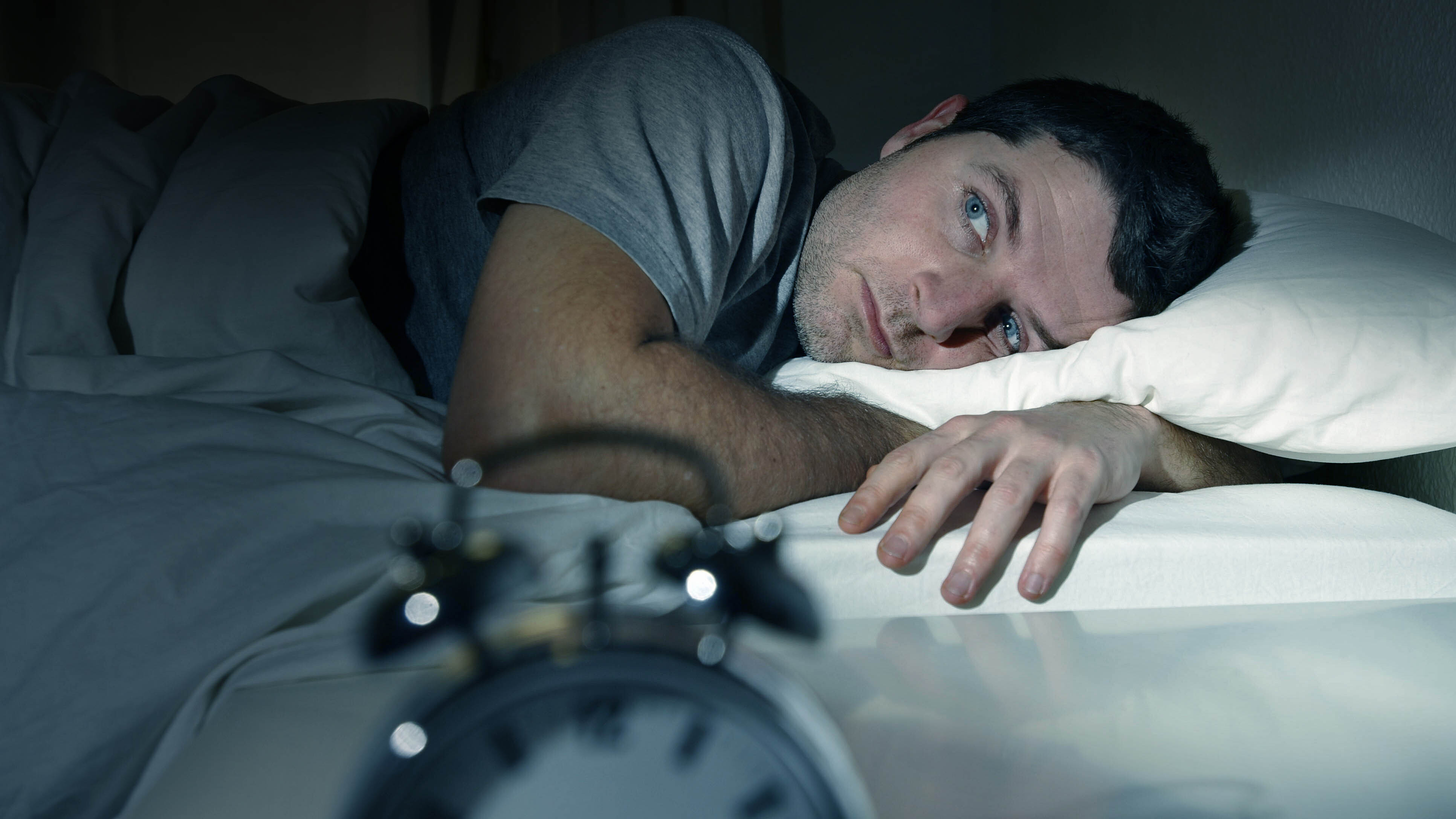
"Naps consume sleep drive. Sleep drive determines the quality and amount of sleep," Fink explains.
"If you already don’t have enough sleep drive (in the case of insomnia) a nap is like overdrawing your account. You just have to determine whether you have it in the budget."
Can't help but nod off during the afternoon? This could be a sign of sleep deprivation or a sleep disorder, and looking at your overall sleep routine could be in order.
We recommend speaking to your doctor to discover what might be going on and come up with a plan to overhaul your sleep health.
How to take the perfect nap
If you decide napping is right for you, here are our expert-approved tips for setting up the perfect nap...
Keep it short and sweet
Timing your nap is key. It needs to be long enough to give you a boost but not long enough that it leaves you feeling groggy. As discussed above, research indicates a 30 minute nap is the sweet spot.
"Set an alarm for 30 minutes so you don’t go into deep sleep and wake up feeling disoriented," Fink advises.
"Naps at the same time every day are better than inconsistent napping."
It's also a good idea to plan when you will wake up and what you’ll do to get on with your day to stop any grogginess kicking in.
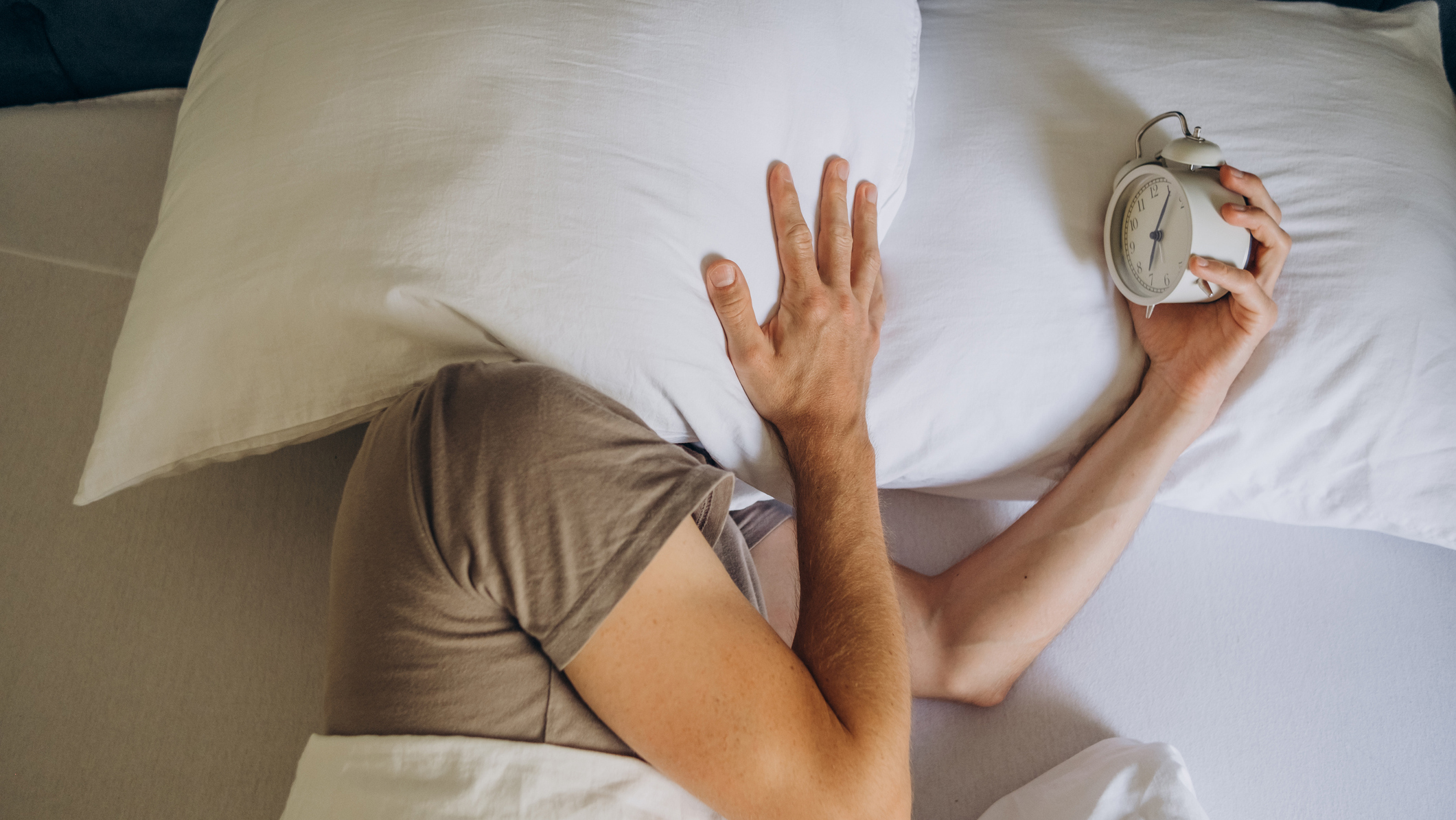
Try a nappuccino
A nappuccino, otherwise known as a coffee nap, is when you drink a coffee and head straight to nap. Napping for 20 minutes post coffee allows enough time for the caffeine to kick in.
Adenosine is a chemical in the body that makes us feel sleepy, but levels of this chemical drop as we sleep, or nap. The drop in adenosine and hit of caffeine combined supercharge your energy levels.
Find out why doctors recommend this trending coffee nap.
Turn on the binaural beats
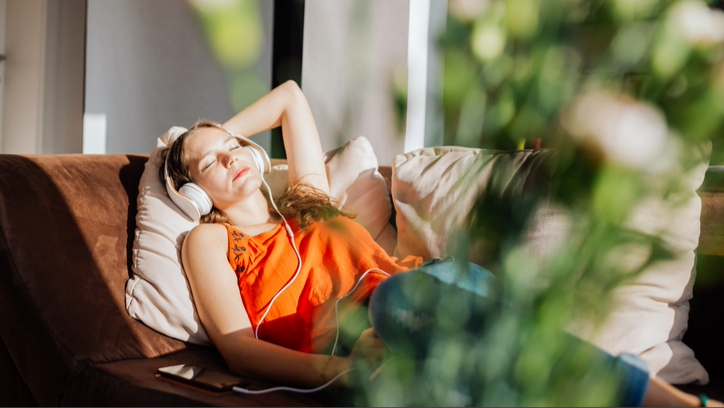
Binaural beats are an auditory illusion that occurs when two tones of different frequency are played through each headphone simultaneously.
Blocking out background noise and calming your nervous system, they can help you fall asleep quickly and get good quality sleep within the short period you have during the daytime.

Eve is a PPA-accredited journalist with an MA in Magazine Journalism from Cardiff University. She is a Sleep Staff Writer at Tom’s Guide and has four years’ experience writing health features and news. She is particularly interested in the relationship between good sleep and overall health. At Tom’s Guide Eve is responsible for coverage and reviews of sleep tech and is our smart and cooling mattress specialist, focussing on brands such as Eight Sleep and Sleep Number. She also covers general mattress reviews, seeks out the best deals to produce tried-and-tested buyer's guides for sleep accessories and enjoys writing in-depth features about sleep health. She has been involved in rigorous testing procedures for mattress reviews in our Sleep Studio and has interviewed experts including sleep doctors and psychologists. When not covering sleep at Tom's Guide, Eve enjoys writing about health and fitness, food and culture.
You must confirm your public display name before commenting
Please logout and then login again, you will then be prompted to enter your display name.
